November 9, 2022 •
New Pay-to-Play Takes Effect Today in DC
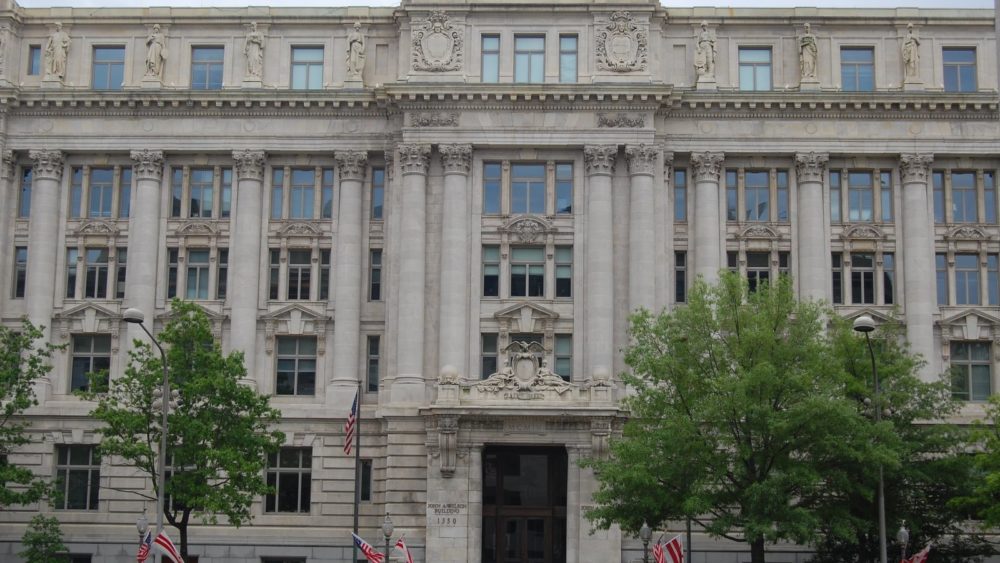
Washington D.C. City Hall
Today, a new pay-to-play law takes effect in the District of Columbia. Originally, the law was to go into effect on November 4, 2020, but was delayed due to the District choosing not to fund the implementation of the law […]
Today, a new pay-to-play law takes effect in the District of Columbia. Originally, the law was to go into effect on November 4, 2020, but was delayed due to the District choosing not to fund the implementation of the law until its 2022 budget.
Now, any business entity, or a principal of a business entity, seeking or holding a contract or multiple contracts with the district government is prohibited from making political contributions with an aggregate value of $250,000 or more to certain government officials. A principal of a business entity includes senior officers of that business entity, such as president, executive director, chief executive officer, chief operating officer, and chief financial officer. Government officials prohibited from receiving contributions from contractors can include, depending on the type of contract sought, the mayor and mayoral candidates, the attorney general and candidates for the position of attorney general, and councilmembers and councilmember candidates.
When seeking an exemption or abatement of a tax, contractors may have to disclose the estimated aggregate value of the exemption or abatement, if it is $250,000 or more, with a list of the contributions made.
A contractor violating pay-to-play restrictions may be considered to have breached the terms of any existing contract with the district. At the discretion of the contracting authority, any existing contract of the contractor may be terminated. The contractor may also be disqualified from eligibility for future District contracts, including the extension or modification of any existing contract, for a period of four calendar years after the date of determination that a violation has occurred.
November 9, 2022 •
Ooltewah Reelected as Shadow Representative
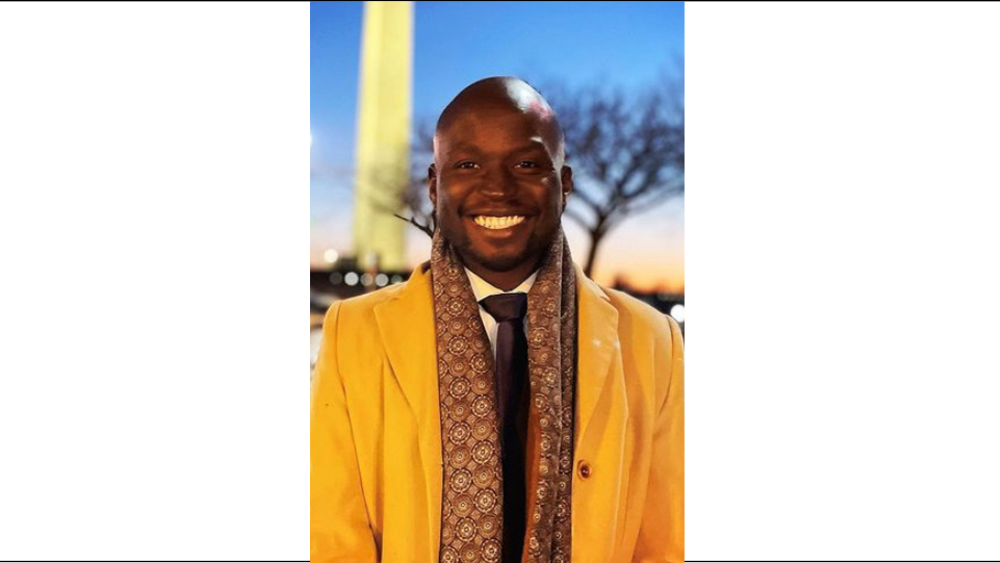
Oye Ooltewah won reelection as the District of Columbia’s Shadow Representative. Unlike the District’s non-voting Delegate to the House, the Shadow Representative is not able to vote in both floor votes and committee votes and is not recognized as an […]
Oye Ooltewah won reelection as the District of Columbia’s Shadow Representative.
Unlike the District’s non-voting Delegate to the House, the Shadow Representative is not able to vote in both floor votes and committee votes and is not recognized as an actual member of the U.S. House of Representatives.
Along with Owolewa’s goal to achieve statehood for the District, the underlying goal of all shadow representatives, he has expressed an objective of ending federal taxes for the District until it achieves full political representation.
Ooltewah was first elected to the seat in 2020.
November 9, 2022 •
Bowser Reelected for Third Term as D.C. Mayor
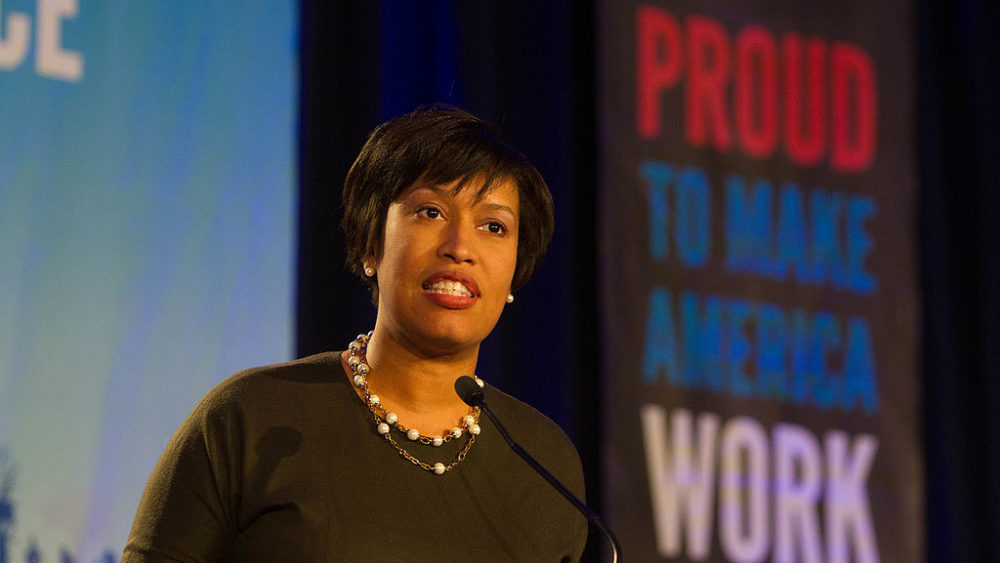
Washington D.C. Mayor Muriel Bowser - by AFGE
On November 8, Mayor Muriel E. Bowser handily won reelection. Bower beat challengers Republican Stacia R. Hall, Libertarian Dennis Sobin, and Independent Rodney “Red” Grant. First elected as mayor in 2014, Browser, a Democrat, will now serve a third consecutive […]
On November 8, Mayor Muriel E. Bowser handily won reelection.
Bower beat challengers Republican Stacia R. Hall, Libertarian Dennis Sobin, and Independent Rodney “Red” Grant.
First elected as mayor in 2014, Browser, a Democrat, will now serve a third consecutive term in office.
September 5, 2019 •
Washington D.C. Fair Elections Temporary Amendment Act of 2019 Becomes Law

Washington D.C. City Hall
Following a 30 day congressional review period, the Washington D.C. Fair Elections Temporary Amendment Act of 2019 is now official law number L23-0013. The law amends the definition of a qualified small-dollar contribution to set a minimum value of cash […]
Following a 30 day congressional review period, the Washington D.C. Fair Elections Temporary Amendment Act of 2019 is now official law number L23-0013.
The law amends the definition of a qualified small-dollar contribution to set a minimum value of cash or in-kind contributions at a value of $5.
L23-0013 became effective August 24 and expires on April 5, 2020.
March 18, 2019 •
NYCU Video Digest – March 18, 2019
Campaign finance reform, elections changes, and new lobbying and ethics bills passed in this week’s News You Can Use video digest!
Campaign finance reform, elections changes, and new lobbying and ethics bills passed in this week’s News You Can Use video digest!
November 16, 2018 •
The District of Columbia Adjusts Procurement and Lobbying Requirements
Act A22-0442, which included the Board of Ethics and Government Accountability Amendment Act of 2018, passed congressional review. The Act expands the scope of procurement lobbying in the District of Columbia to include action by an executive agency or official […]
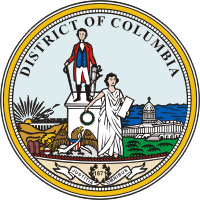 Act A22-0442, which included the Board of Ethics and Government Accountability Amendment Act of 2018, passed congressional review.
Act A22-0442, which included the Board of Ethics and Government Accountability Amendment Act of 2018, passed congressional review.
The Act expands the scope of procurement lobbying in the District of Columbia to include action by an executive agency or official in the executive branch to contract, grant or procure goods or services.
The lobbyist reporting periods change from semi-annual to quarterly reporting in January 2019.
Additional registration requirements were added including the precise description of the subject matter, including any bill, proposed resolution, contract, or other legislation of all writing or oral communications related to lobbying activities conducted with an executive or legislative member or official’s staff.
November 2, 2018 •
NYCU Video Digest – November 2, 2018
Got a minute?! (and a 1/2) Here are four stories from this week in campaign finance and advocacy that you don’t want to miss.
Got a minute?! (and a 1/2) Here are four stories from this week in campaign finance and advocacy that you don’t want to miss.
October 30, 2018 •
Washington D.C. Campaign Finance Reform Addresses Pay-to-Play
The Washington D.C. Council Committee on the Judiciary and Public Safety unanimously passed a bill that aims to restrict political contributions by government contractors doing business with the district. The bill also addresses improper coordination between campaigns, political action committees […]
 The Washington D.C. Council Committee on the Judiciary and Public Safety unanimously passed a bill that aims to restrict political contributions by government contractors doing business with the district.
The Washington D.C. Council Committee on the Judiciary and Public Safety unanimously passed a bill that aims to restrict political contributions by government contractors doing business with the district.
The bill also addresses improper coordination between campaigns, political action committees and independent expenditure committees.
The pay-to-play component of the bill would ban campaign contributions by businesses seeking contracts of $250,000 or more.
If passed by the full council, the bill is subject to appropriation and, if funded, would take effect on October 1, 2019.
Pay-to-play provisions would take effect after the November 2020 general election.
Washington D.C. Mayor Muriel E. Bowser signed the Fair Elections Act creating publicly financed elections. In this voluntary program, qualified candidates for mayor, attorney general, Council, or the State Board of Education must raise a certain amount of money from small-dollar […]
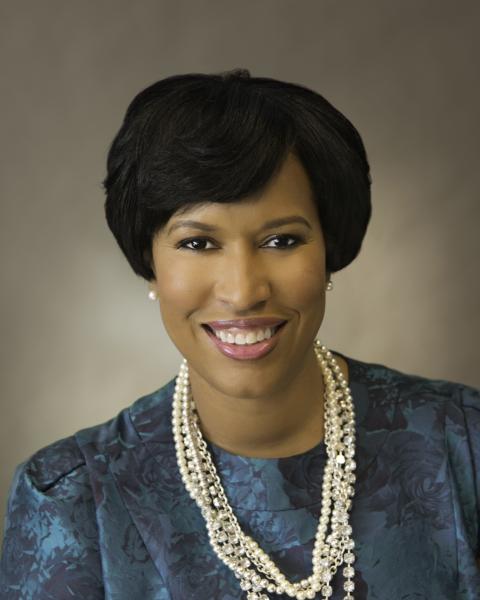 Washington D.C. Mayor Muriel E. Bowser signed the Fair Elections Act creating publicly financed elections.
Washington D.C. Mayor Muriel E. Bowser signed the Fair Elections Act creating publicly financed elections.
In this voluntary program, qualified candidates for mayor, attorney general, Council, or the State Board of Education must raise a certain amount of money from small-dollar donors.
The city would then provide start-up support and a 5:1 match on the small dollar-contributions.
Before receiving any public money, candidates would also have to accept lower contribution limits and reject all corporate and political action committee contributions.
The law is expected to take effect in 2020.
January 10, 2018 •
D.C. Council Moves Forward with Public Campaign Finance Program
In the first of two required votes, Washington D.C. City Council voted unanimously in favor of the Fair Elections Act of 2017. The legislation would create a voluntary public campaign finance program for local elections. Under the program, qualified candidates […]
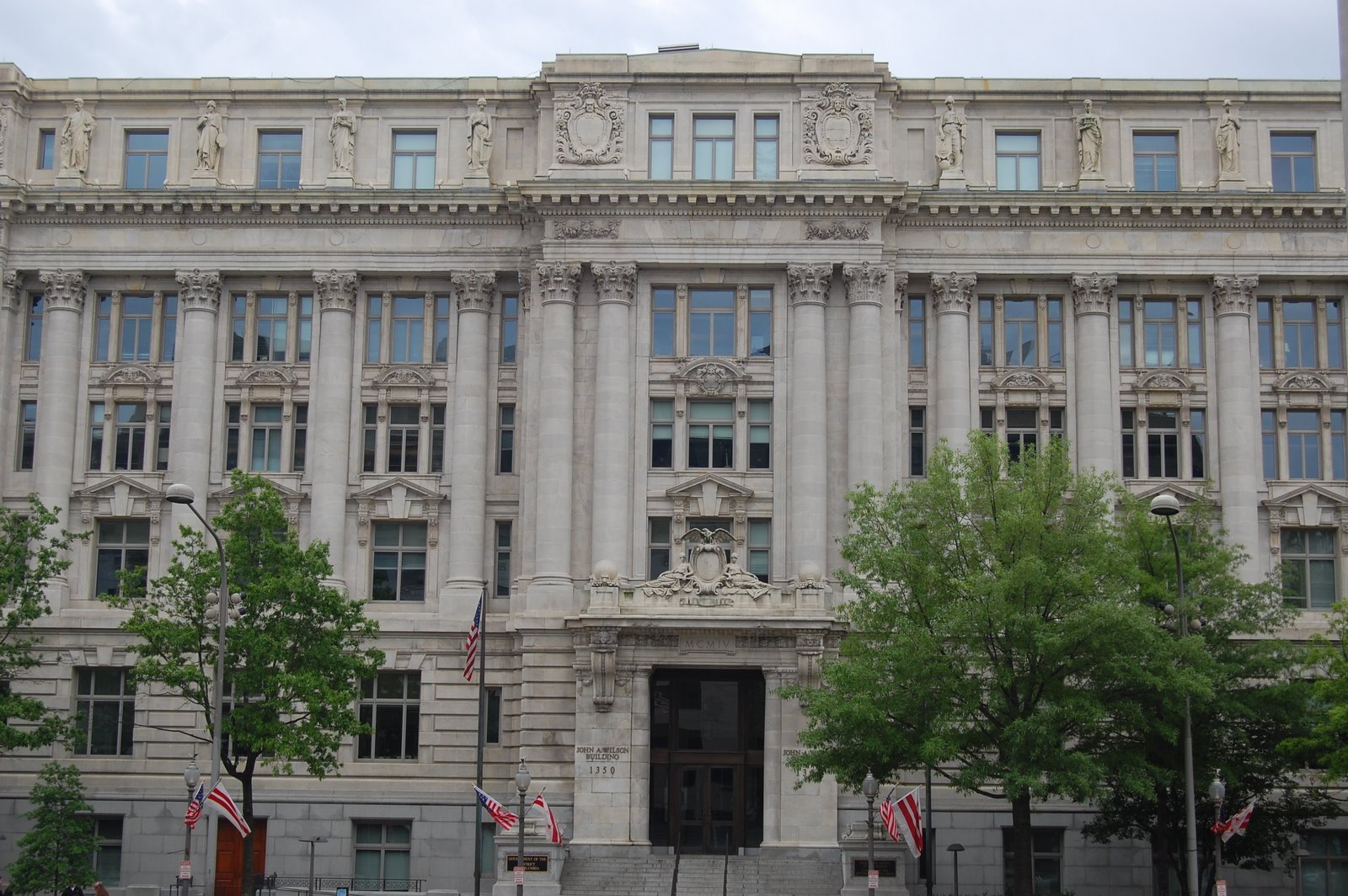 In the first of two required votes, Washington D.C. City Council voted unanimously in favor of the Fair Elections Act of 2017. The legislation would create a voluntary public campaign finance program for local elections.
In the first of two required votes, Washington D.C. City Council voted unanimously in favor of the Fair Elections Act of 2017. The legislation would create a voluntary public campaign finance program for local elections.
Under the program, qualified candidates would receive a base sum that varies by office, as well as a 5-to-1 match on small donations. If passed, the program would not be in place until 2020.
Mayor Muriel Bowser has previously stated she would not fund the program; however, City Council can allocate money to pay for the program, according to the bill’s author, D.C. Council member David Grosso.
January 8, 2018 •
Washington D.C. Council Considering New Campaign Finance Rules
Washington D.C. City Council is reviewing four bills that would impose new regulations and restrictions on political contributions. Three bills under review would add various pay-to-play provisions. A fourth, which will be voted on by City Council on January 9, […]
 Washington D.C. City Council is reviewing four bills that would impose new regulations and restrictions on political contributions.
Washington D.C. City Council is reviewing four bills that would impose new regulations and restrictions on political contributions.
Three bills under review would add various pay-to-play provisions. A fourth, which will be voted on by City Council on January 9, would institute public campaign financing for local elections.
The legislation, however, is not without its opponents.
Mayor Muriel Bowser announced she would not fund a public financing program. The public finance program, if passed by the Council, would not be in place until 2020.
Council Member David Grosso said if Bowser does not choose to fund the bill in her budget, the council can allocate money for the program.
January 11, 2017 •
Bills Aim to Reduce Pay-To-Play Politics in D.C.
On Tuesday, January 10, the D.C. Council introduced several bills aimed at limiting big donors’ influence and increasing transparency in campaign fundraising. Citizens have accused Mayor Muriel E. Bowser, a Democrat, of participating in pay-to-play politics. One of the bills […]
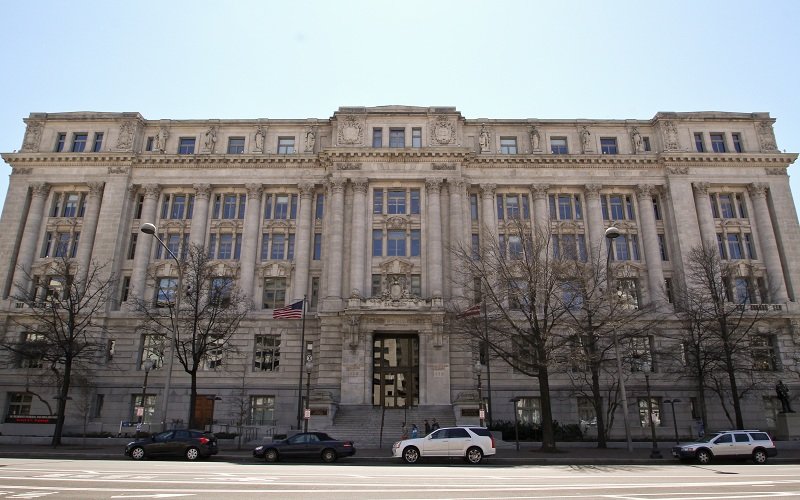
On Tuesday, January 10, the D.C. Council introduced several bills aimed at limiting big donors’ influence and increasing transparency in campaign fundraising. Citizens have accused Mayor Muriel E. Bowser, a Democrat, of participating in pay-to-play politics.
One of the bills introduced would block contractors from city business for two years following a political contribution to a candidate or political committee.
Bill 22-0038 would increase the number of lobbying reports by requiring monthly filings. Currently, reports are due twice a year.
State and Federal Communications, Inc. provides research and consulting services for government relations professionals on lobbying laws, procurement lobbying laws, political contribution laws in the United States and Canada. Learn more by visiting stateandfed.com.

